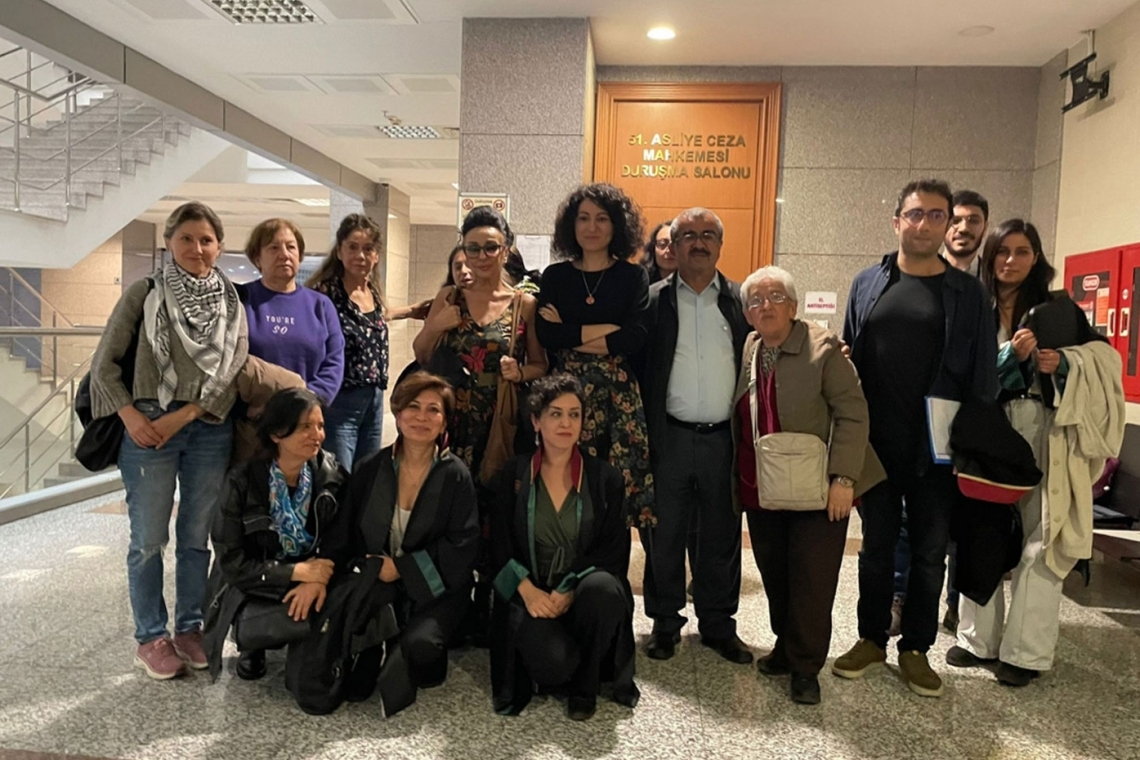In Istanbul, Eren Keskin, co-president of the Human Rights Association (İHD), and Gülistan Yarkın, a member of the İHD's Committee Against Racism and Discrimination, were acquitted of charges of "insulting the state" related to their participation in a 2021 event commemorating the anniversary of the Armenian Genocide.
The case stemmed from the 24 April 2021 remembrance organized by the İHD, marking the genocide's anniversary. Keskin and Yarkın were accused under Article 301 of the Turkish Penal Code, alleging they had insulted the state. The trial, observed by human rights activists, journalists, and representatives from the Human Rights Foundation of Turkey (HRFT), concluded its third session on May 2, 2024, at the Istanbul 51st Criminal Court of First Instance.
During the trial, Keskin requested the removal of two plainclothes police officers from the courtroom, claiming their presence was intimidating. However, the judge declared the trial open to the public and denied the request. In her defense statement, Keskin argued that discussing the events of 1915 as genocide would contribute to Turkey's democratization and emphasized that Turkey had been condemned internationally for genocide. She invoked Articles 9 and 10 of the European Convention on Human Rights to support her argument.
Keskin's lawyer, Jiyan Kaya, argued that the prosecution was politically motivated, particularly after a complaint was filed through CIMER (Citizen Communication Center) following a tweet by Interior Minister Süleyman Soylu. Kaya highlighted that the statements made aimed at recognition, reconciliation, and societal peace, and thus requested acquittal.
Yarkın's lawyer, Jiyan Tosun, also stressed the fundamental right to freedom of expression, stating that challenging the state's official ideology was a legitimate use of this right and advocating for the repeal of Article 301. In her final remarks, Keskin reiterated her belief in recognizing the 1915 events as genocide and expressed her expectation for respect and freedom to express her views without threats.
Yarkın remarked that their statements addressed the institutionalization of genocide denial in Turkey, warning that a ruling against them would signify its continuation.
Ultimately, the court acquitted Keskin and Yarkın, ruling that the acts they were accused of were not defined as crimes under the law.



